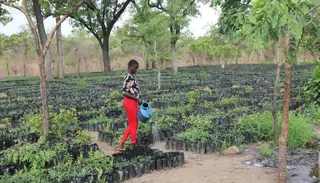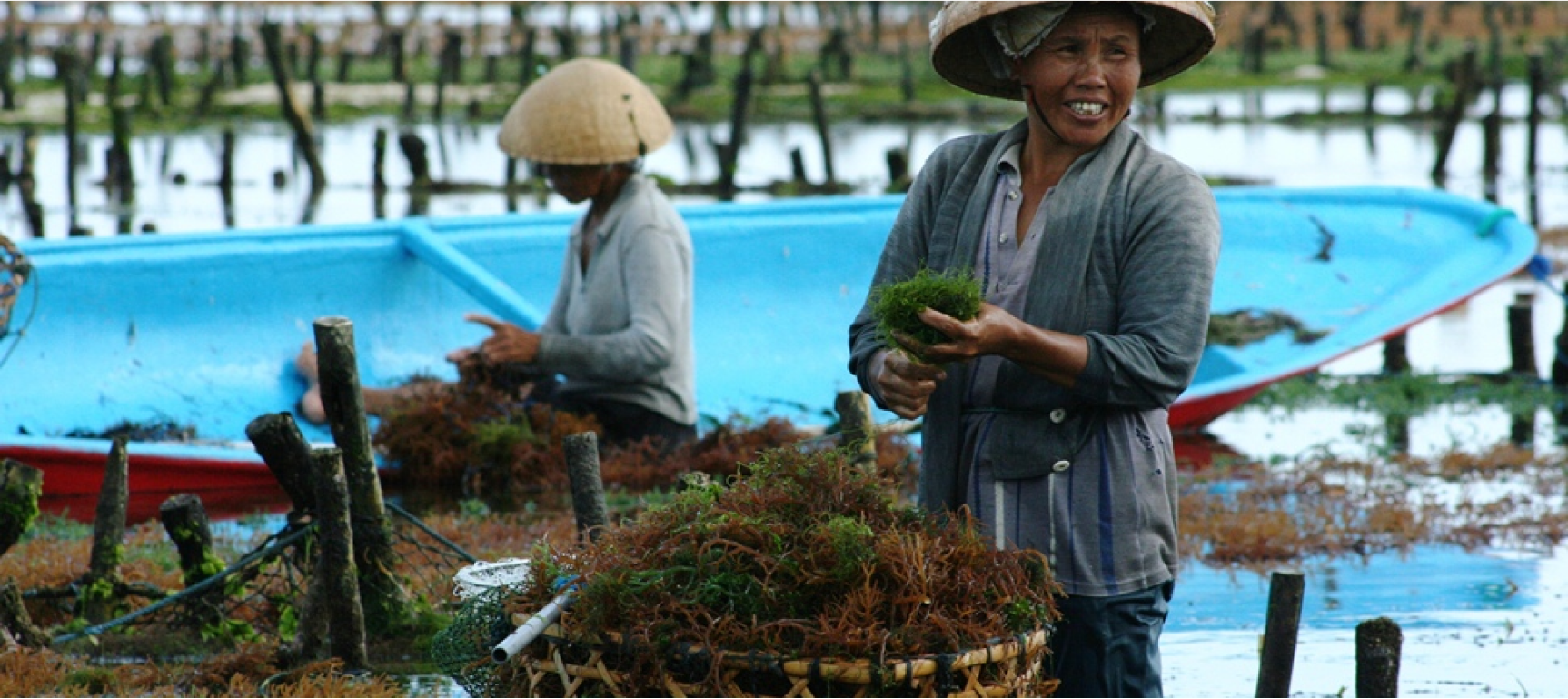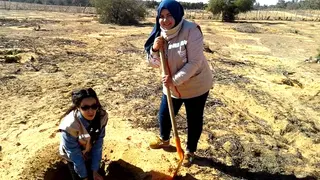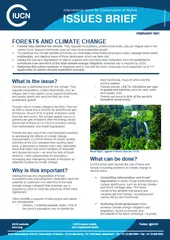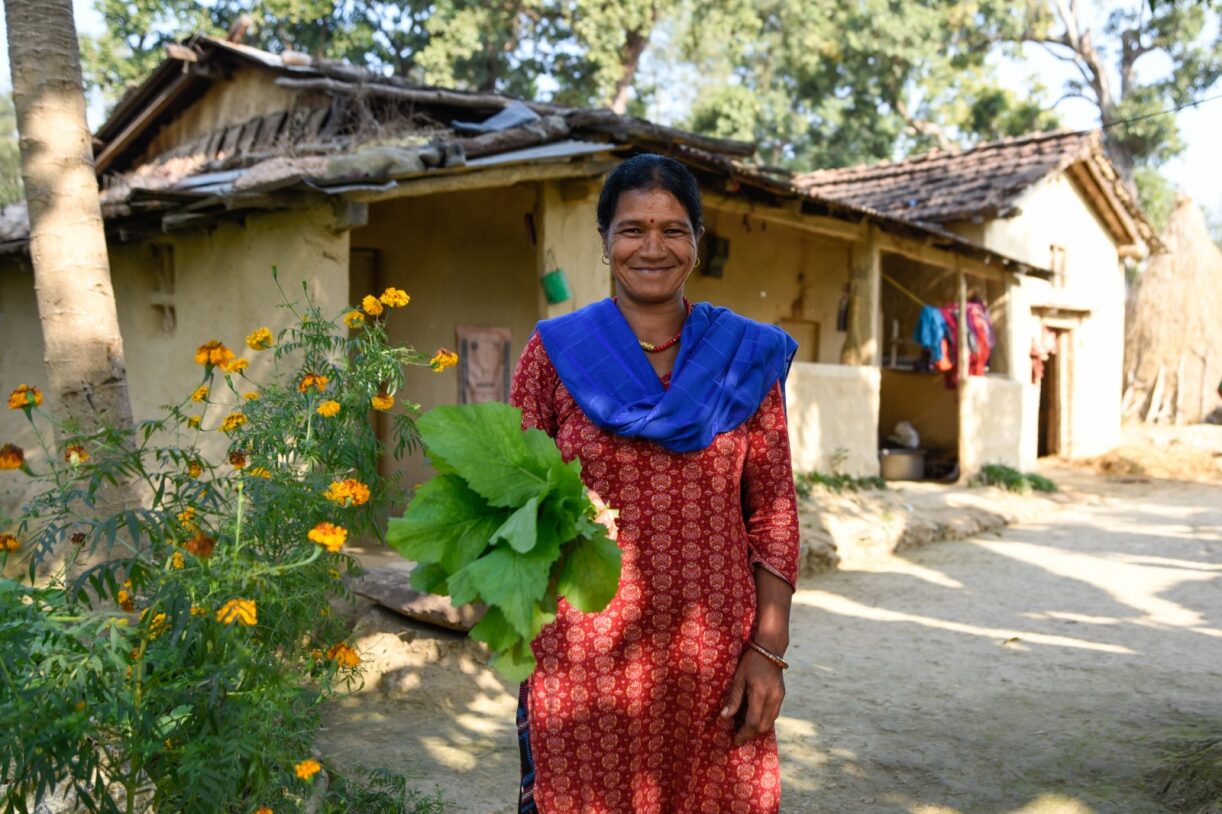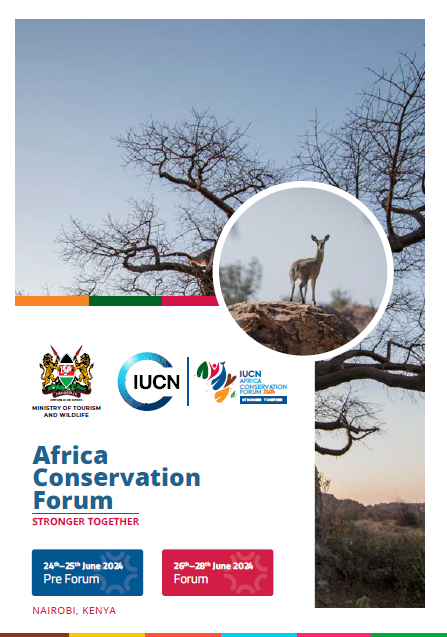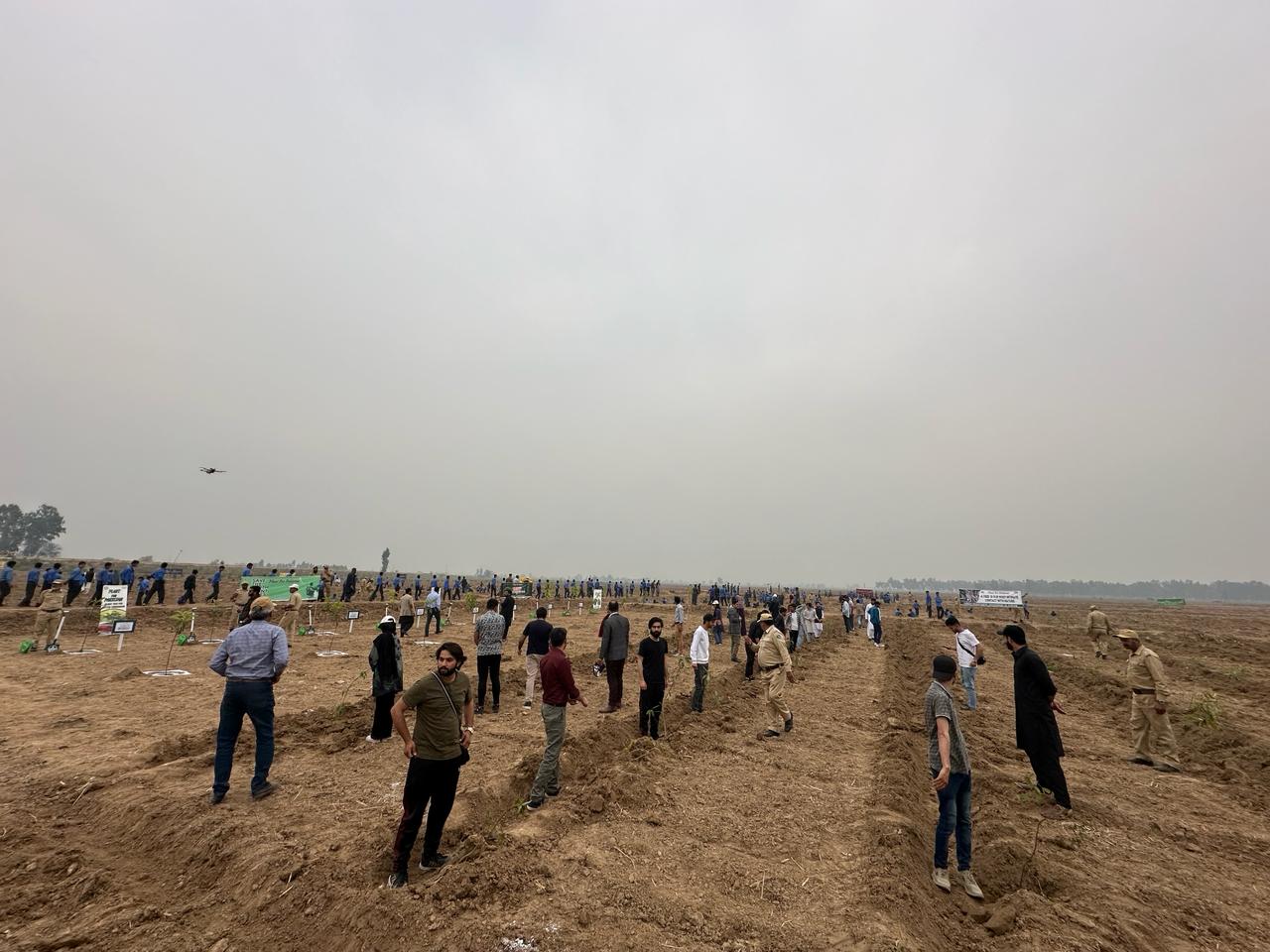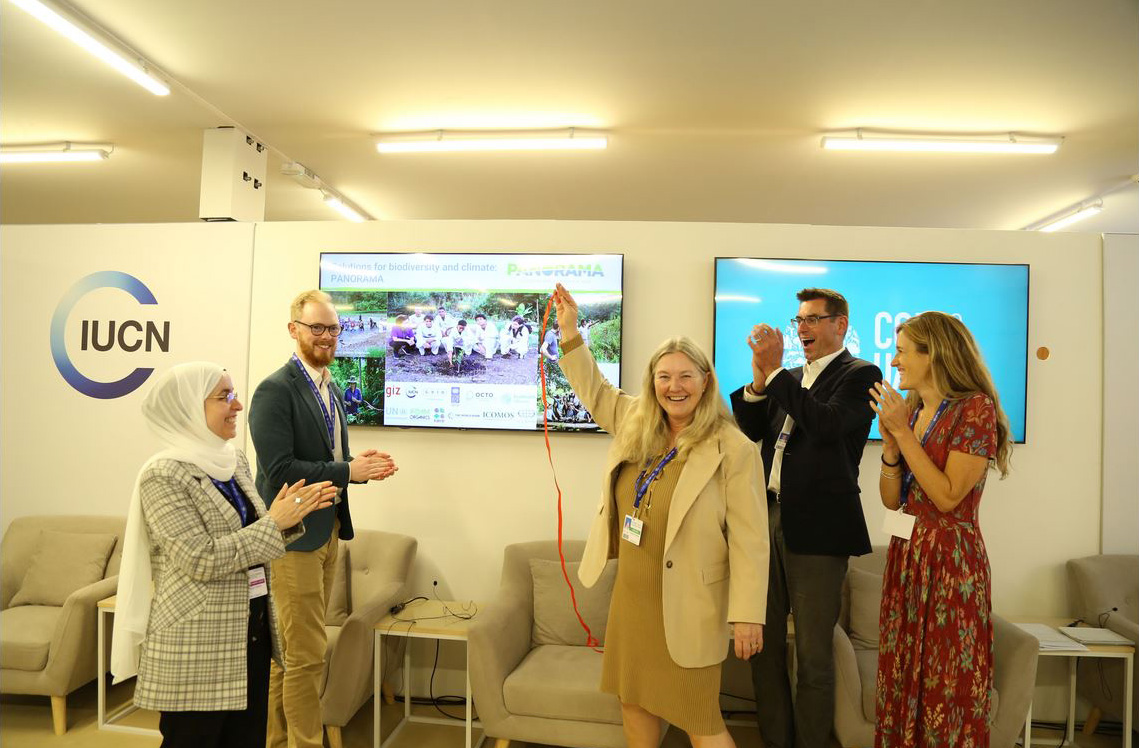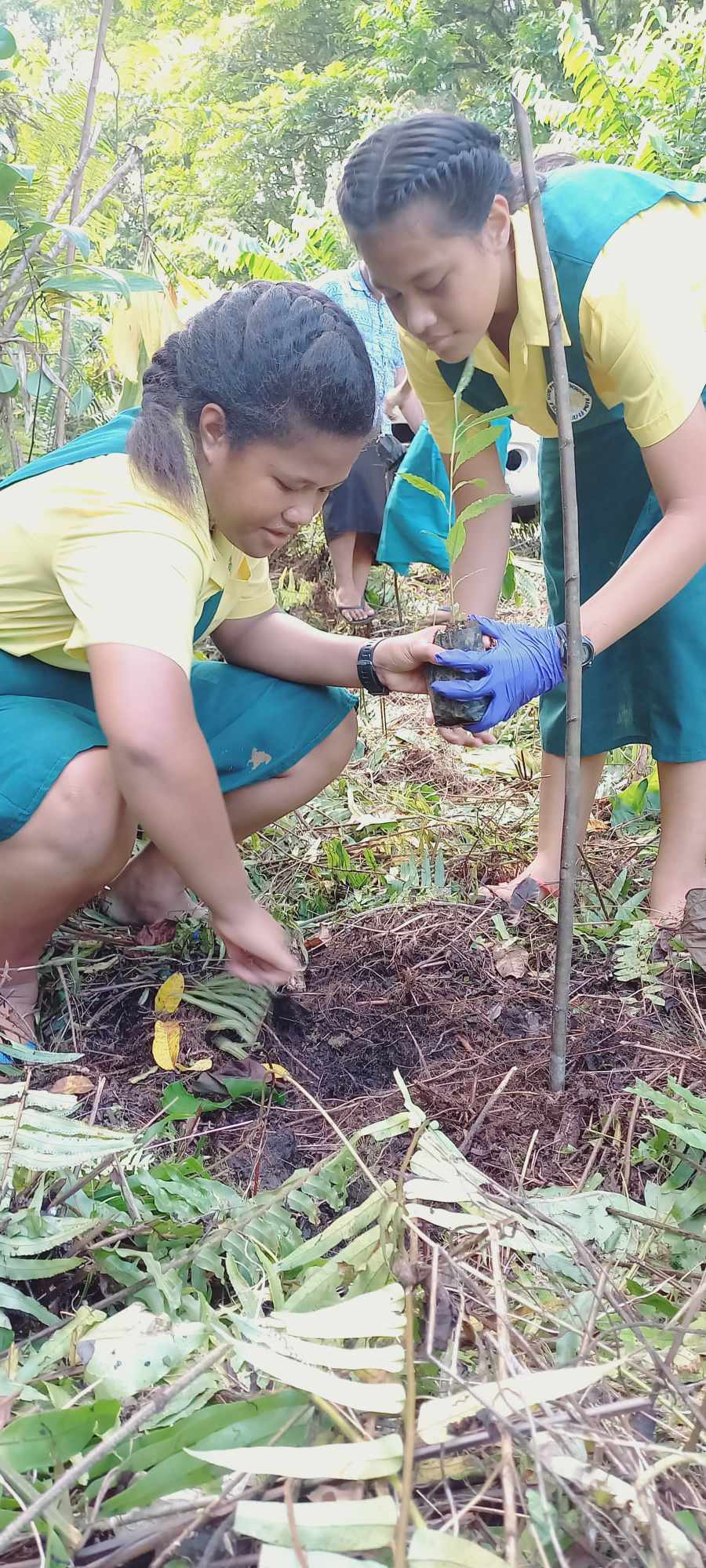IUCN's role in forests
We work with our State and civil society members and partners to build thriving and productive landscapes, to advance the rights and interests of forest communities, to engage investors, and to implement effective forest and land-use policies.
We carry out projects across the globe, achieving multiple objectives:
- Equipping decision-makers with information and analysis;
- Designing and advancing policies and initiatives at local, national and global levels;
- Inspiring political commitments to initiatives like the Bonn Challenge;
- Developing tools and methodologies, such as the Restoration Opportunities Assessment Methodology (ROAM);
- Strengthening the capacity of our partners through learning exchanges and training courses;
- Embedding community and individual needs and rights into resource management decision making;
- Unlocking financing for sustainable forest landscapes;
- Helping meet national sustainable development plans and international goals on climate change, biodiversity, and land degradation; and
- Creating spaces for cross-sector dialogues to link the public and private sectors and civil society.
